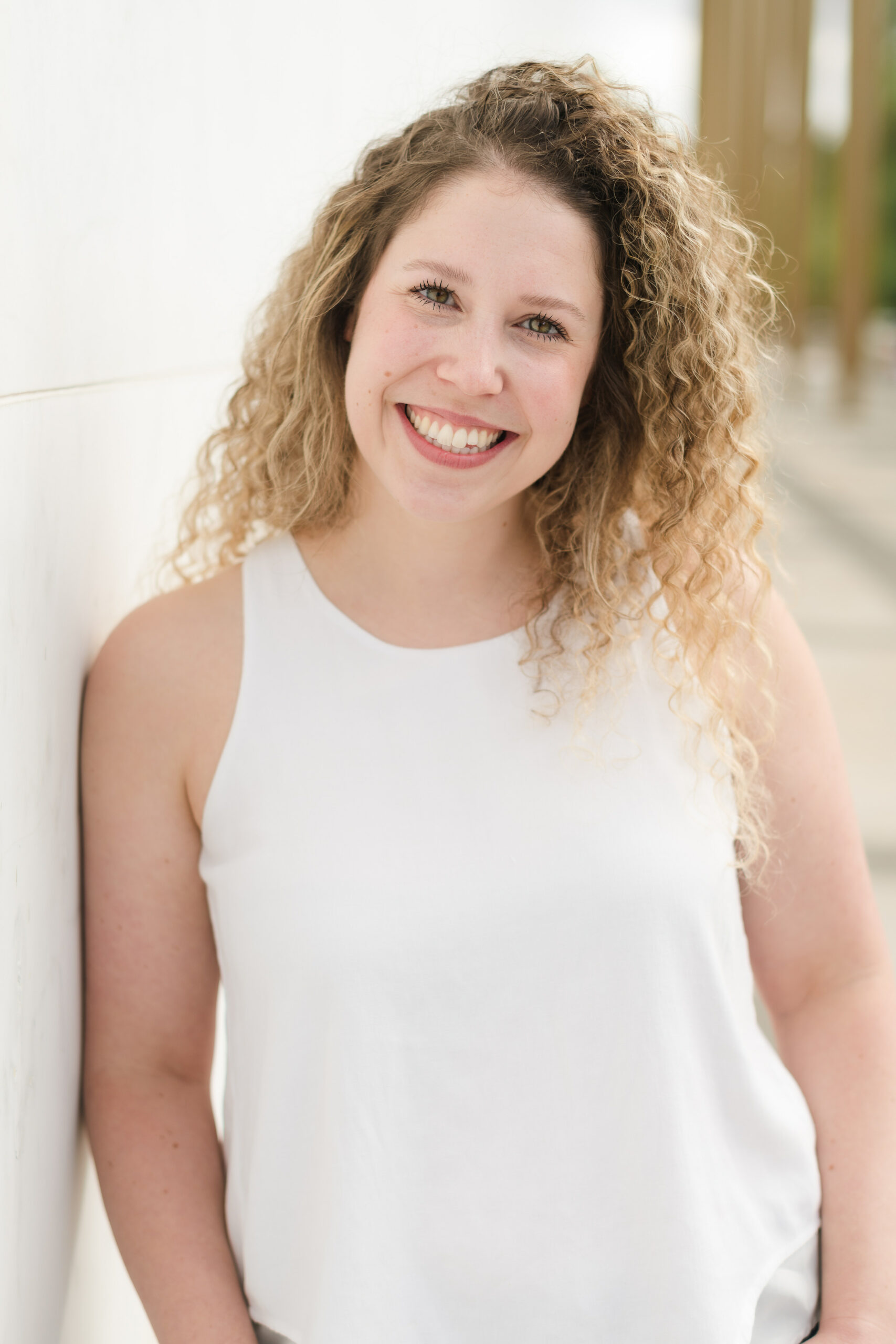Many people entering recovery want to be intuitive eaters. They want to be able to trust their bodies when it comes to food. This can be really challenging when you struggle with anorexia nervosa. Eating disorder thoughts can create doubt about what your body needs or wants. A meal plan can be an important tool for this reason. It can help you to establish normal eating patterns and to get enough food. It can also help you to think about food less over time. But where should you start? An eating disorder dietitian can help! Keep reading to learn about creating a successful anorexia recovery meal plan.
How much should I eat?
Everyone’s nutrition needs are different. An eating disorder dietitian will usually start by assisting you in establishing a healthy minimum amount of food for your body. One example of this is the plate-by-plate method. From here, your dietitian can help you to interpret your body’s signals to determine your individualized needs. These signals include hunger/fullness cues, food cravings, weight trends, vital signs, and lab results. Contrary to what diet culture says, there are no formulas in the world that can determine your body’s needs accurately. Only your body can tell you!
How often should I eat?
Your body wants a consistent source of energy throughout the day. Therefore, a good starting place is eating every 3-4 hours (max!). This ends up being roughly 3 meals and 2 snacks. Some people may need to eat more often. Your dietitian can help you determine what is right for you. If you find yourself getting hungry soon after eating a meal or snack, it may be a sign that your portions are too small or that you’re missing a component (more on this in the next section). Bodies also need more energy on some days.
What foods should I include?
Foods are not “good” or “bad.” They just offer different nutrients! That’s why variety is beneficial. Eating across the spectrum of proteins, grains, fruits, vegetables, fat, and dairy/dairy alternatives provides your body with what it needs. This includes macronutrients (carbs, fat, protein) and micronutrients (vitamins, minerals). Grains should be dominant at meals and snacks because your body needs enough carbohydrates to function. Not getting enough can lead to frequent hunger, lack of satiety, low energy, and difficulty concentrating.
What Happens After I Have a Meal Plan?
OK, you have a meal plan. Now what? There are many considerations when implementing a recovery meal plan for anorexia nervosa. Most importantly, you will need to determine if it’s safe to do so in an outpatient setting. An eating disorder dietitian can coordinate with your medical team to make this determination. It’s also very normal to run into challenges such as eating disorder thoughts and urges, GI symptoms, schedule conflicts, etc when implementing a recovery meal plan. An eating disorder dietitian is able to solve these issues with you. They offer a wide variety of resources, strategies, and support.
Closing Thoughts on Creating an Anorexia Recovery Meal Plan
Thank you for reading this resource on creating a successful anorexia recovery meal plan. We know it can be hard to leave Anorexia behind. For folks with anorexia, remember that your nutrition needs are not a “one size fits all.” These are just some nutrition recommendations to consider when healing your relationship with food. Meal planning can be a helpful way to stay nourished and connected with food. An anti-diet dietitian can help you explore this in a non-obsessive or rigid way.
Contact Us
Courage to Nourish is a group of eating disorder specialized dietitians. We have in person locations in Alexandria, Virginia, Columbia, Maryland. and College Park, Maryland. We offer virtual services across the state of Virginia, Washington DC, Pennsylvania, and Colorado. We offer individual nutrition therapy. As well as support groups. We would love to guide you in building a better relationship with food.
Contact us for more information. And to schedule a discovery call. Also, sign up for our client or clinician newsletter!
Take one of our eating disorder quizzes:

As a professional who used to work in a corporate setting, I have seen the negative, daily impact that diet culture has on people’s lives. This led me to discover intuitive eating and Health At Every Size ©, which I now use in working with clients in recovery at the partial hospitalization and intensive outpatient level. I love helping clients find a way of nourishing, moving, and viewing their body that is satisfying and sustainable.

